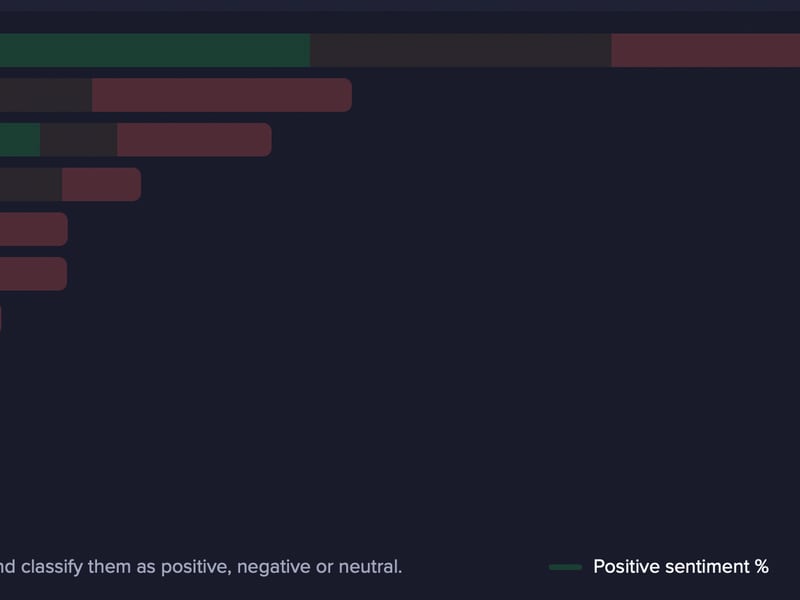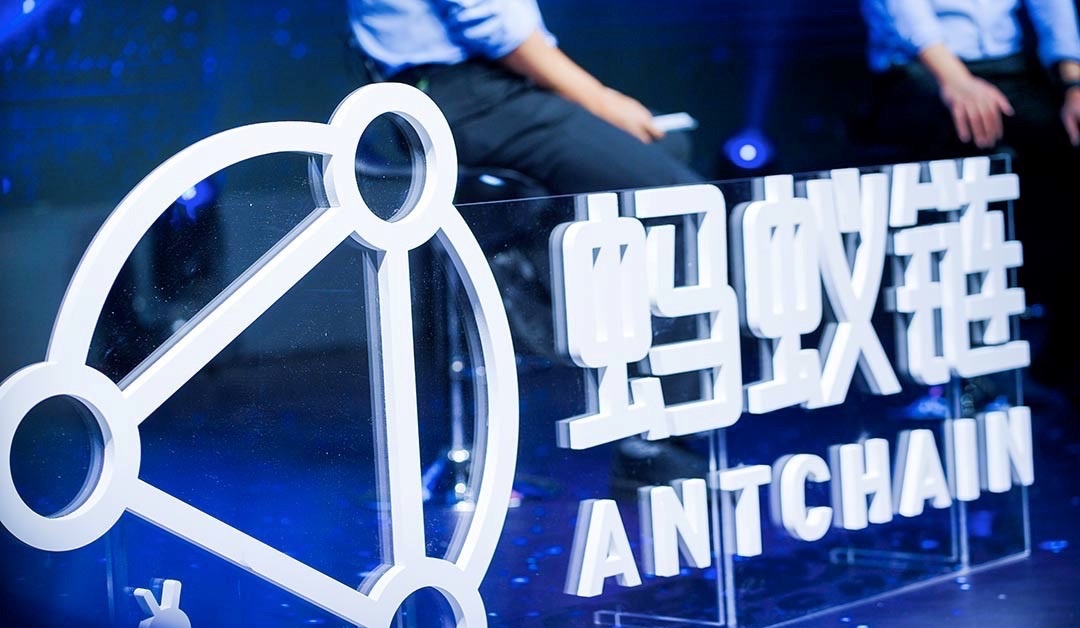How the Porn Industry Changed During Coronavirus, With Performers Wary of Bitcoin
How the Porn Industry Changed During Coronavirus, With Performers Wary of Bitcoin
In this audio interview, CoinDesk’s Leigh Cuen and adult content creator Allie Awesome talk about payments and money in the sex industry, especially the trends impacted by the coronavirus crisis.
For daily insights and unique perspectives listen or subscribe to the CoinDesk Podcast Network with Apple Podcasts, Spotify, Pocketcasts, Google Podcasts, Castbox, Stitcher, RadioPublica, IHeartRadio or RSS.
This episode is sponsored by Bitstamp and Ciphertrace.
From how porn performers and entrepreneurs deal with Bitcoin Twitter to the ways the pandemic changed our digital sex lives, Cuen and Allie explore what actually drives demand for censorship-resistant systems.
The biggest problem? Allie and other performers and sex workers basically have their digital advertising and distribution platforms controlled by third parties that aren’t responsible to the workers.
For example, OnlyFans briefly froze Allie’s account earlier this year. Although she regained access, her distribution conduits remain at the mercy of tech platforms. This is where peer-to-peer transactions come in. Allie said she knows how to use a cryptocurrency wallet and would gladly do so if more customers wanted to pay her directly. The fact is, those customers are few and far between.
“To those people who want to come up with a solution, my first question is: Well, are you paying for porn?” she said. “I think a lot of people want to make money off of ‘adult’, but they aren’t really willing to invest in ‘adult.’”
Another major issue, according to Allie, is an increase in traffic or visibility doesn’t always translate to profits. Plus, many crypto fans see her industry as something they want to profit from, by building their own tech solutions rather than contribute to experienced performers.
Compared to other bitcoin or ether holders, sex workers are even more likely to rely on social networks like Twitter than exchanges like Coinbase, which de-platforms them just like PayPal. Performers require either a high degree of technical skill, to use decentralized exchange (DEX) platforms like Bisq, or a de facto social liquidity network in order to use cryptocurrency without trusting third parties. Allie shares why she is excited about cryptocurrency, even if it’s a challenge to use it for censorship resistance.
For daily insights and unique perspectives listen or subscribe to the CoinDesk Podcast Network with Apple Podcasts, Spotify, Pocketcasts, Google Podcasts, Castbox, Stitcher, RadioPublica, IHeartRadio or RSS.
Disclosure
The leader in blockchain news, CoinDesk is a media outlet that strives for the highest journalistic standards and abides by a strict set of editorial policies. CoinDesk is an independent operating subsidiary of Digital Currency Group, which invests in cryptocurrencies and blockchain startups.








